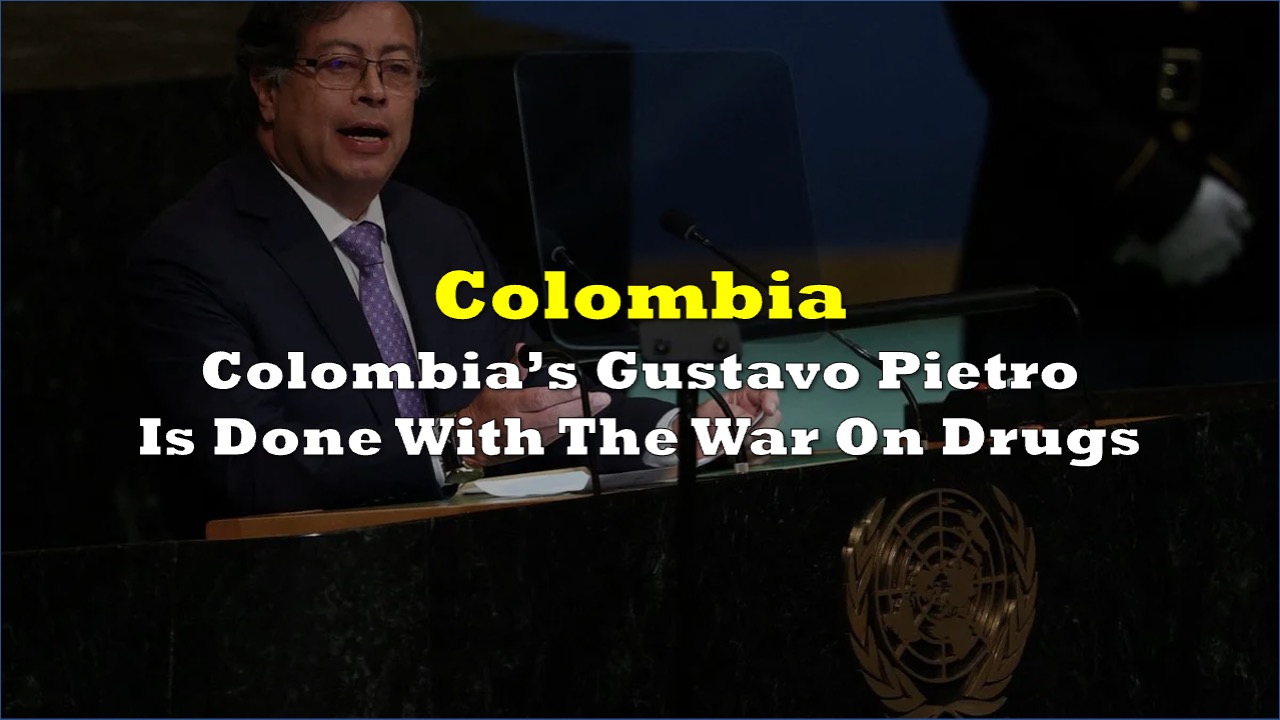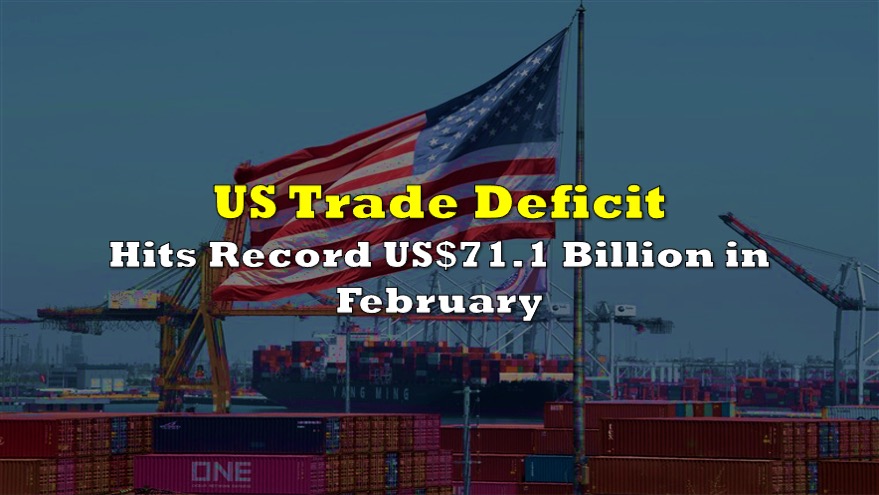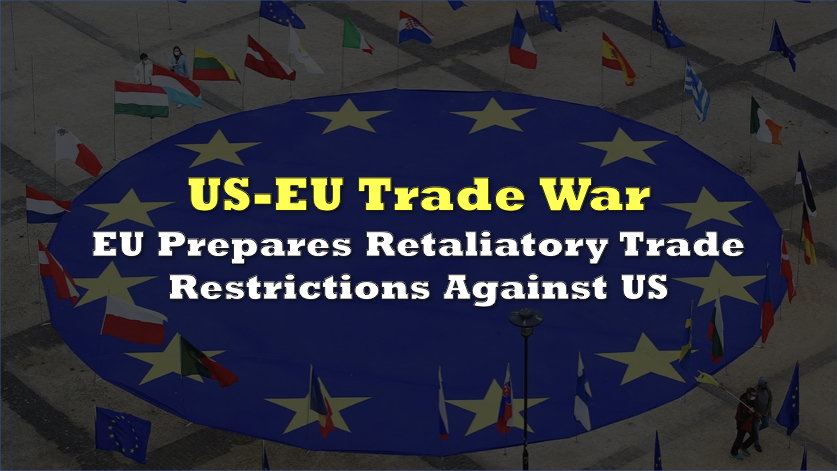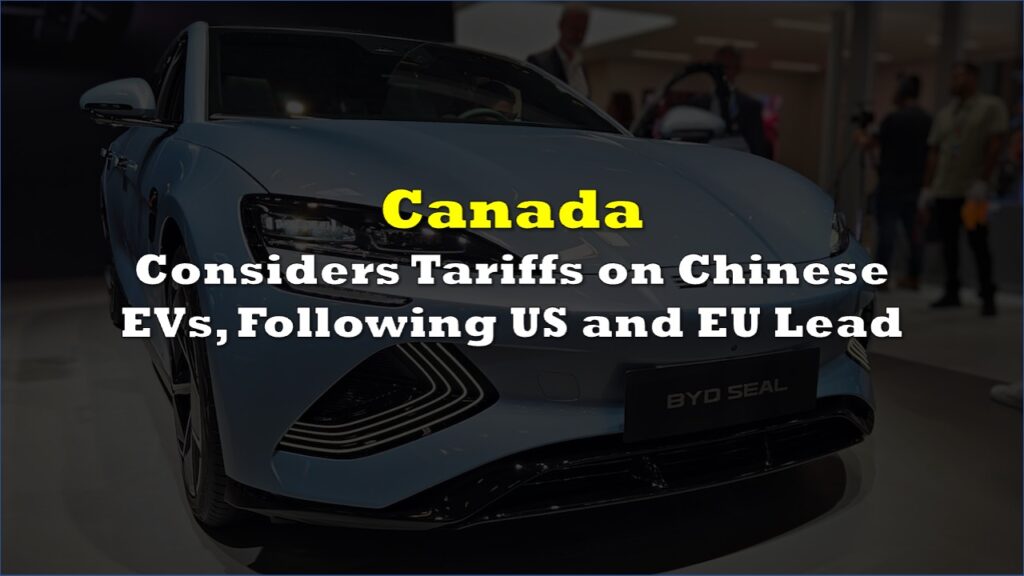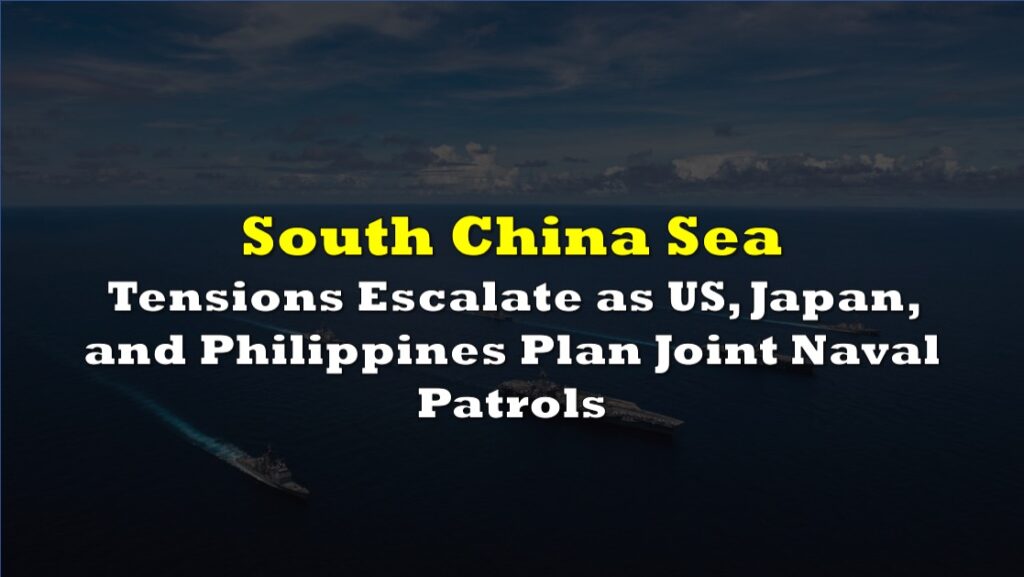On Tuesday last week, Colombia’s recently-elected leftist president Gustavo Petro addressed the United Nations General Assembly. He delivered an impassioned speech, using language notably more colorful than the usual diplomatic prose.
In his speech, Petro pointed out that the war on drugs and the fight against climate crisis have failed. Petro called the discourse on saving the planet “hypocritical,” as recommendations and warnings from experts about the destruction of the Amazon rainforest have long fallen on deaf ears.
“The climate disaster that will kill hundreds of millions of people is not being caused by the planet, it is being caused by capital. By the logic of consuming more and more, producing more and more, and for some earning more and more,” he stressed.
“What is more poisonous for humanity, cocaine, coal or oil?” he asked.
“The opinion of power has ordered that cocaine is poison and must be persecuted, while it only causes minimal deaths from overdoses … but instead, coal and oil must be protected, even when it can extinguish all humanity,” the Colombian leader said.
Colombia is the world’s largest producer of cocaine — but five decades of the conservative government prohibiting trade and consumption with three decades of a United States-sponsored war on drugs, or more recently the war against those who grow cocaine’s source plant, coca, have done nothing to stop or stifle the production and distribution of the drug.
In his speech, Petro implored his neighbors in Latin America to stop the war on drugs. He said as much in his inaugural speech last month, calling for a change in the “demonized” perception of coca and the small-scale farmers who, as he described are victims themselves as they are mostly left with no choice but to grow the plant to make a living.
Petro’s plans feature implementing what would be a “phased decriminalization,” which starts with coca leaf production by small-scale farmers known as campesinos. The president aims to protect these vulnerable farmers and remove prohibition to prevent more violence.
“As long as there’s prohibition there will be mafia,” he said. Decriminalizing small-scale coca leaf production “doesn’t mean ending the American cocaine market, but it does mean taking Colombia out of this cycle of violence.”
Bolivian President Luis Arce has expressed interest in Petro’s plans. In an interview after Petro’s speech, the Bolivian leader said that his administration had been in a discussion with Petro on the matter.
“He shared the ideas with us that he spoke about today. We would like to hear a very specific proposal about this,” Arce said.
Petro’s rhetoric and his potential allyship with other Latin American nations, especially Peru and Bolivia which are now also run by leftist governments pose a threat to the country’s relationship with the US, the primary market of the illicit substance, and Colombia’s long-standing partner and financier in the lucrative war on drugs.
In his speech, he repeatedly emphasized the liability of consumer countries, especially the US, and appealed that these countries should assume a more significant role in addressing demand at home instead of focusing on production abroad.
According to the Washington Post which cited a State Department spokesperson who spoke on the condition of anonymity under department rules, the Biden administration intends to work with Petro’s administration to “disrupt the supply of illicit drugs and to promote holistic policies” which would support keeping the peace and development in coca-growing areas on top of efforts to bring down demand in the US.
Petro’s paradigm-shifting proposal is already causing some amount of consternation among the Republicans. Senators Marco Rubio of Florida and Charles E. Grassley of Iowa wrote to Rahul Gupta, Biden’s top official for drug control policy, in the same week.
“President Petro’s drug policy and posture towards the United States is alarming,” they said.
Information for this briefing was found via NPR, the Washington Post, and the sources and companies mentioned. The author has no securities or affiliations related to this organization. Not a recommendation to buy or sell. Always do additional research and consult a professional before purchasing a security. The author holds no licenses.

